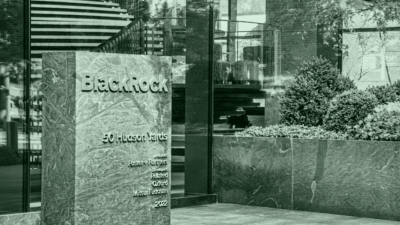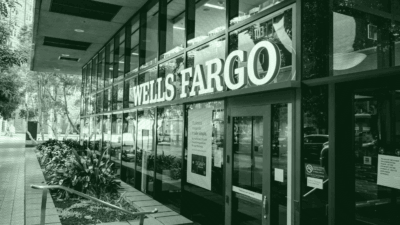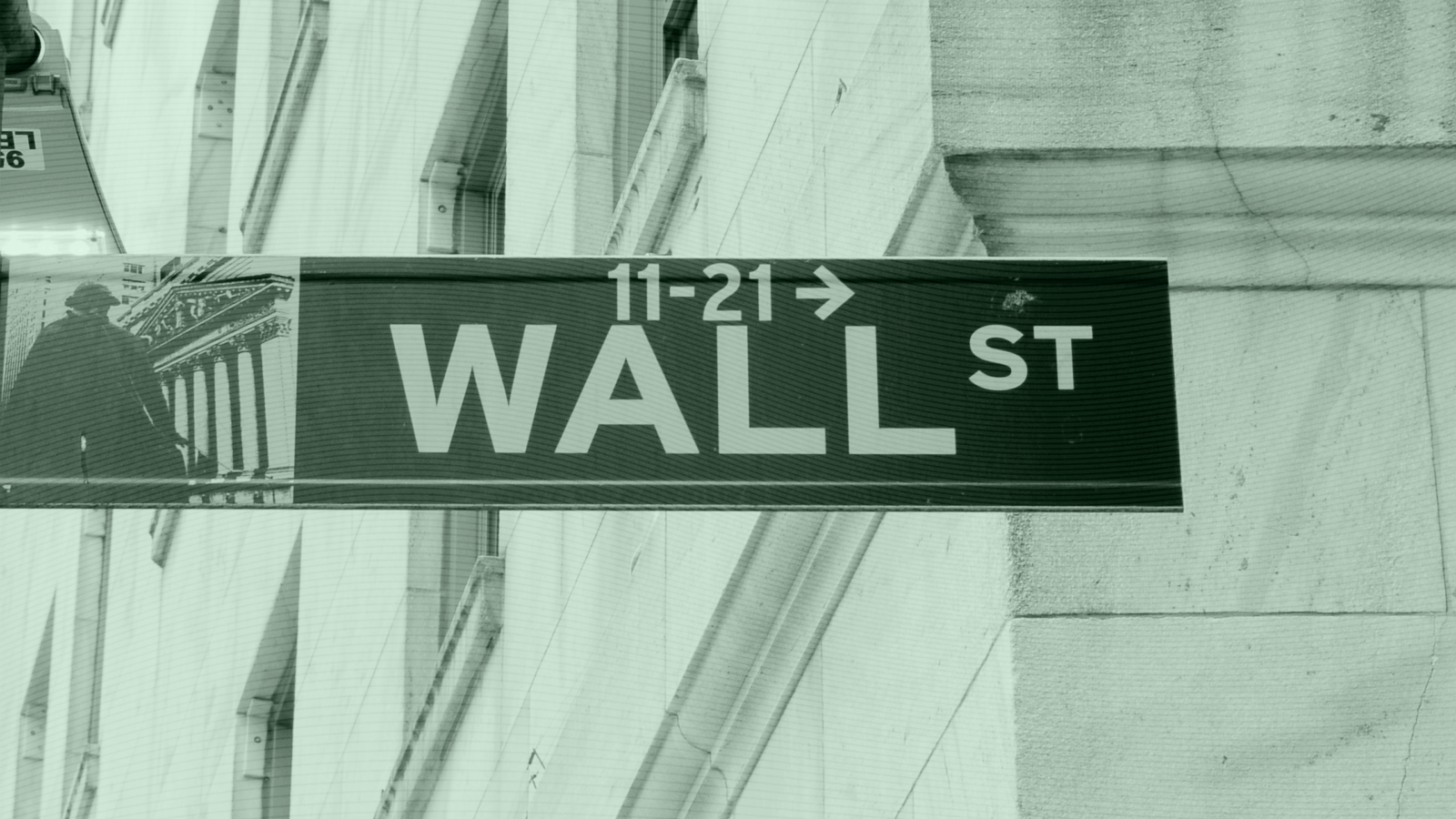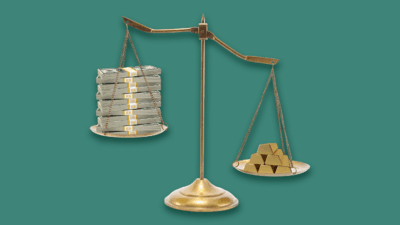Inside BlackRock’s Latest $12B Private Assets Deal
BlackRock is acquiring HPS Investment Partners in a deal that could increase its private assets under management to $600 billion.
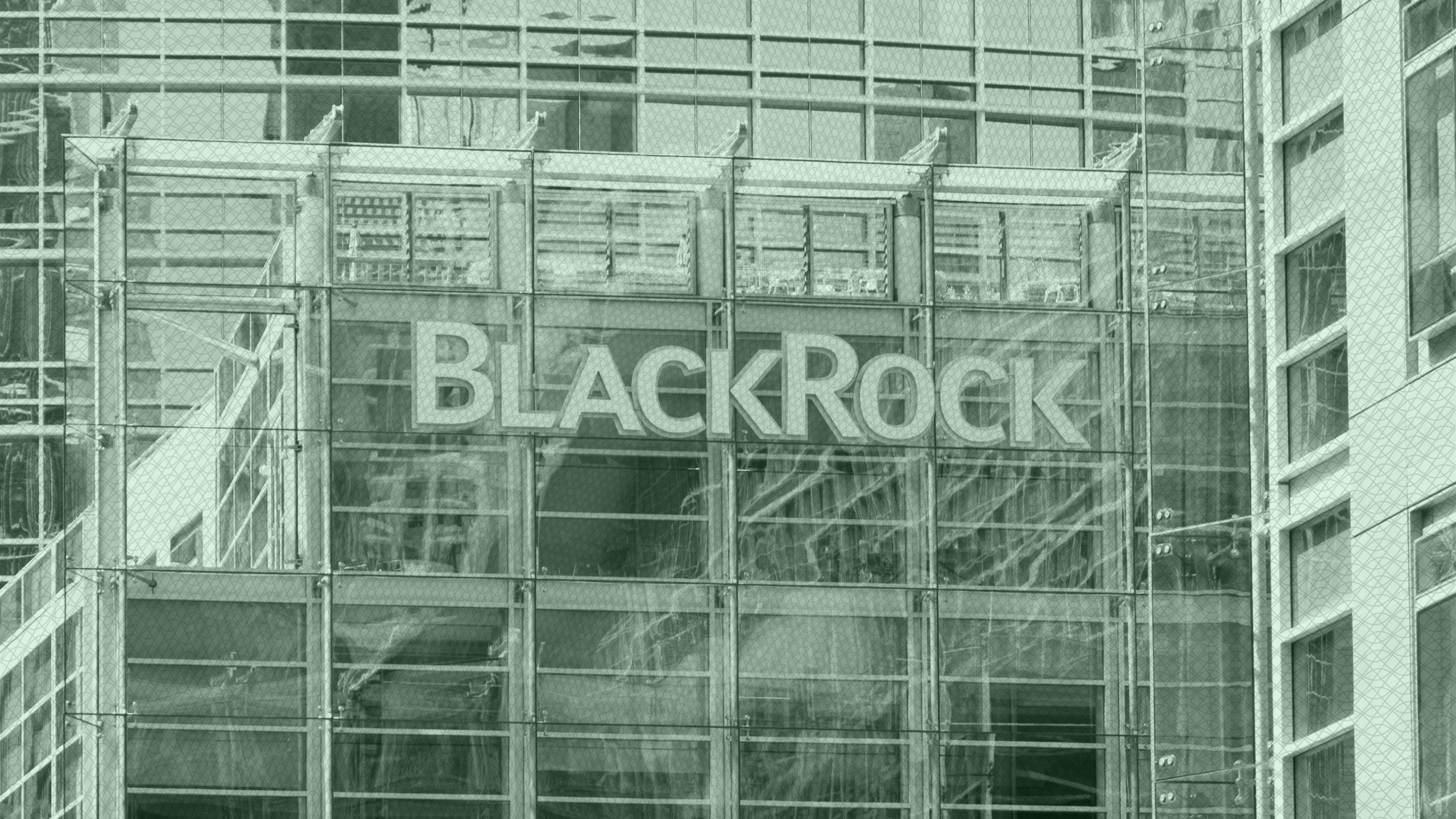
Sign up for market insights, wealth management practice essentials and industry updates.
If private placements are the latest investments flooding Wall Street, BlackRock’s Larry Fink is about to make it rain.
The CEO of the world’s largest asset manager announced three mega deals this year, including an almost $12 billion buyout of the New York-based private-credit manager HPS Investment Partners this week. BlackRock manages some $11.5 trillion in assets overall, and the deal would boost its private-assets war chest to a reported $600 billion — on par with goliaths like Apollo Global and KKR. It is also expected to increase private markets fee-paying AUM and management fees by 40% and 35%, respectively. It’s a significant push toward Fink’s dream to “index the private markets” and package them up in easy-to-use products like exchange-traded funds.
“BlackRock is a behemoth,” said Kelly Ann Winget, founder of the private equity firm Alternative Wealth Partners. “Their dominance in the public markets has left them little room for growth.”
Saving Private Ryan
Once a murky corner of the investing landscape, private investments can offer exposure to deals not on traditional public exchanges, like home lending or real estate investing. Earlier this year, BlackRock struck a deal with Global Infrastructure Partners to buy the company for $12.5 billion, before deciding to take over private-market research shop Preqin for $3.2 billion in July. The HPS deal completes a stunning trifecta for the company, which will be able to offer a whole host of illiquid investments.
“No one’s going public anymore,” said Aniket Ullal, head of ETF research at CFRA, adding that the number of public companies has been dropping for decades. “There’s simply more private equities and more private debt available — and a lot more opportunity.”
The challenge will be tracking these notoriously illiquid assets. Investments in private debt or infrastructure can tie up money for years, and while public equities are bought and sold daily, private assets are sometimes only priced quarterly or annually. It makes packaging them for resale much more difficult … but that’s not stopping asset managers from trying.
The Race Is On. Apollo Global teamed up with State Street in September to propose a private-credit ETF that is still awaiting regulatory approval; KKR and Capital Group are also slated to launch two hybrid funds next year. A study from Cerulli Associates found:
- Financial advisors already own roughly $1.4 trillion in less-than-fully-liquid assets in the US.
- While just 13% of alternative assets are held by retail investors, that’s expected to jump to 23% in the next three years.
Winget said clients can start small and local by looking for opportunities to invest in community-based businesses or entrepreneurs. Advisors can also help them research self-directed strategies. “This is where private investors have an incredible opportunity,” she said.



